Most vehicle fuel systems have fuel filters attached to their fuel pumps. These filters usually last the life of the vehicle. But if you own an older model, it might have a serviceable fuel filter that needs replacement over time. Bad fuel filters will cause issues, like poor engine performance and fuel leaks, so it’s best to replace them right away.
What Is a Fuel Filter?
A fuel filter is a crucial part of your engine’s fuel system because it screens dirt, dust, and other contaminant particles from the fuel. Unfiltered fuel can cause various engine issues, including rust and corrosion. Debris getting in the engine can damage surrounding components, which can lead to costly repairs.
How Long Do Fuel Filters Last?
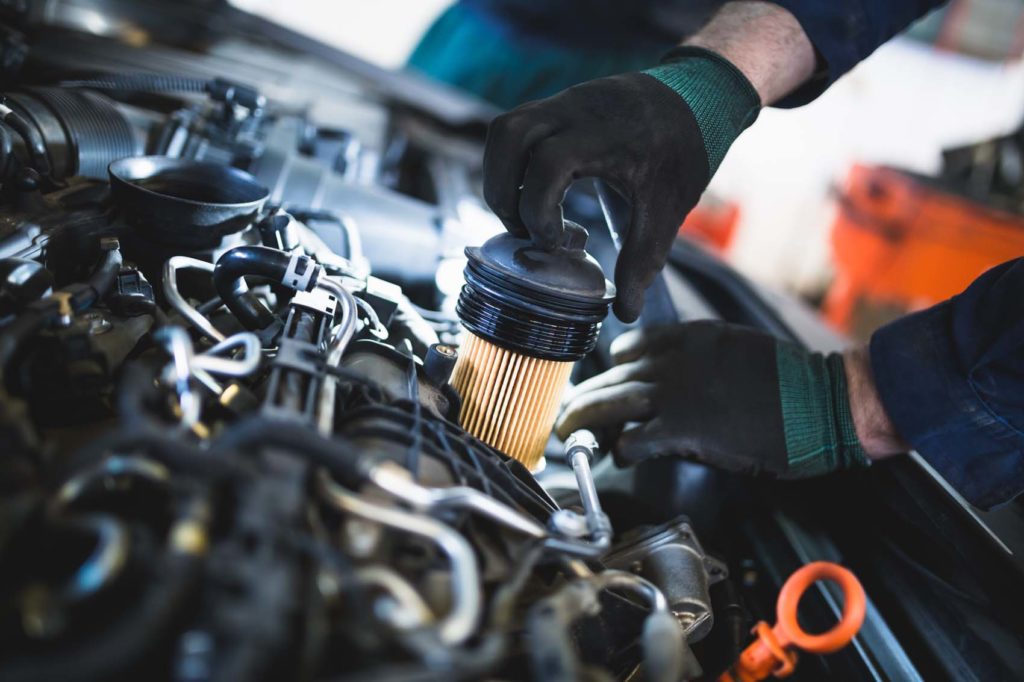
How long your auto fuel filters will last will depend on the specific vehicle you own and the condition of your engine. Experts say fuel filter replacement intervals can vary from 30,000 to 100,000 miles. We recommended consulting your vehicle’s manufacturer service schedule to find out when to replace your fuel filter.
Where is the Fuel Filter Located?
If your vehicle was built before the mid-2000s, then your external filter is likely mounted outside of the gas tank. It can be on the frame rail, fender, or shock tower.
If you’re driving a newer vehicle, your fuel filter is likely attached to the fuel pump module that’s located in the fuel tank. This type of filer is non-serviceable, which means they do not have a recommended replacement schedule.
Bad Fuel Filter Symptoms
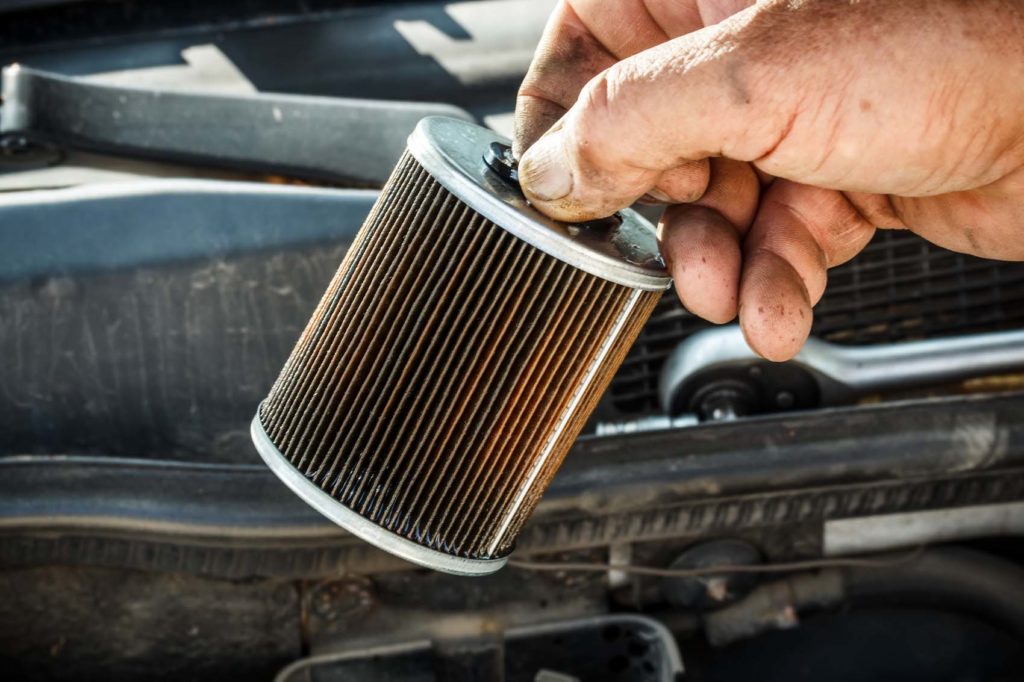
Like any other filter in your vehicle, your ride’s external fuel filter can get clogged with dirt and debris if you don’t follow its replacement schedule. Clogged filters will disrupt fuel flow to the injectors, causing low fuel pressure and other related problems.
Wondering if your fuel filter is clogged? Aside from an illuminated check engine light, keep an eye out for symptoms like hard-starting, rough running, stalling, inadequate power, and a lack of fuel pressure. These are some of the signs that can indicate your fuel filter has gone bad and it’s time to have your vehicle checked.
You can check out this article for a more in-depth discussion of these symptoms.

How to Change a Fuel Filter
Replacing a fuel filter is no easy task. If you don’t have the technical know-how to get the job done, it’s best to leave the job to a trusted professional. But if you’re a skilled automotive DIYer, make sure to follow repair information and procedures that are specific to your vehicle. You can read this article to know more about manuals with quality repair information.
Ready to replace your fuel filter? Check out this step-by-step guide on how to replace a fuel filter.
What to Consider When Looking for Fuel Filters
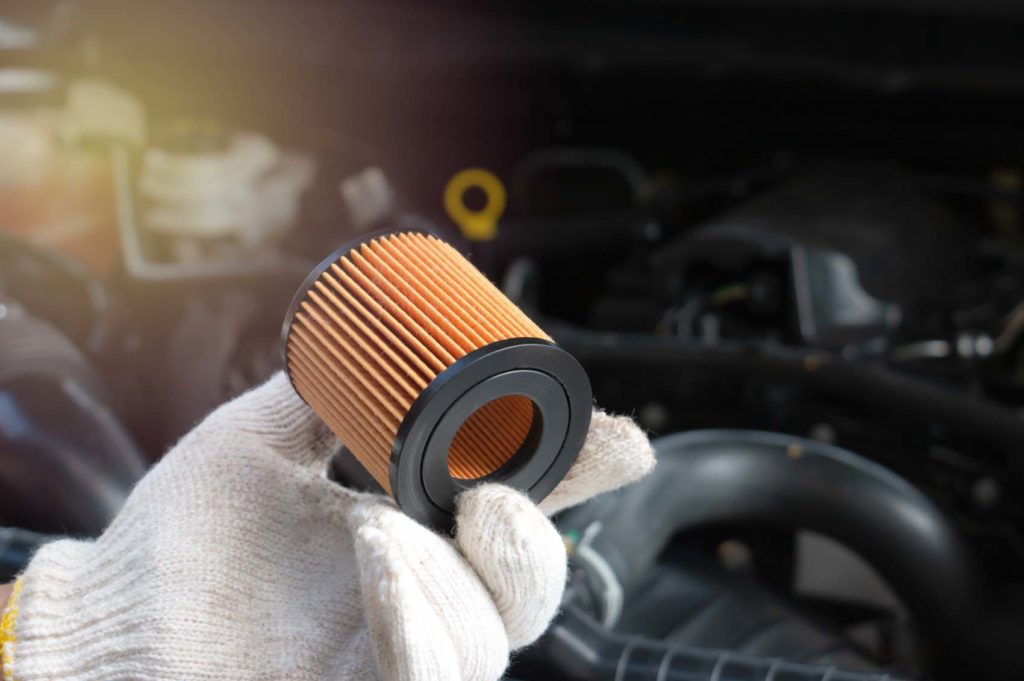
Shopping for an aftermarket car fuel filter can be overwhelming. You might have a hard time choosing among the options available for your ride. To help you pick the best replacement for your ride, here are some of the crucial things you should consider when looking for a fuel filter.
Fuel Type
Most modern fuel filters are compatible with different types of fuel. But it can still be helpful to know what type your vehicle uses. After all, it’ll help you ensure you’re ordering the right replacement. If you’re not sure which filter to buy, we recommend consulting your trusted mechanic.
Fuel Flow Rate
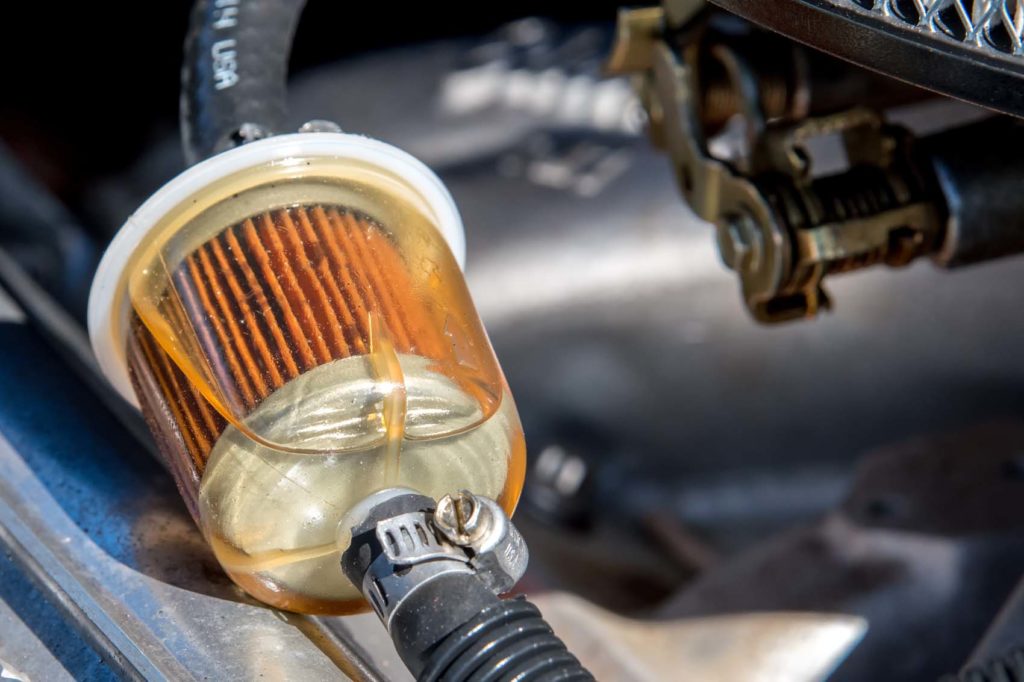
Knowing your ride’s fuel flow rate will help you choose a filter that will suit your vehicle. Some fuel filters are restrictive, which means they might not pass enough fuel when they begin to clog. So if your vehicle has a high flow rate, find a filter that’s not restrictive to ensure it can handle your ride’s fuel flow.
Micron Rating
You can also check out the filter’s micron rating if the data is available. A low rating means that the filter can screen finer contaminants better than other filters. However, these filters usually have a shorter lifespan, and they can become too restrictive after some time.
Fuel Filter Design and Type

Are all fuel filters the same? No, they are not. There are different fuel filter types available on the market today, such as primary, secondary, canister, cartridge, spin-on, inline, and in-tank fuel filters. Before deciding on anything, make sure that you know the type your vehicle uses.
Fuel filters also come in different dimensions and sizes, so it’s best to check this information first before buying a replacement. This will help ensure you’re getting a replacement that’s compatible with your vehicle.
If you’re not sure which type your vehicle uses, consult your vehicle manual or talk to your mechanic.
Brand
If you want to get a high-quality replacement part for your ride, choose a brand you can trust. Here at CarParts.com, we have a wide selection of fuel filters sourced from top aftermarket manufacturers. So you can rest assured that you’re getting the best for your ride.
Aftermarket Fuel Filter Recommendations
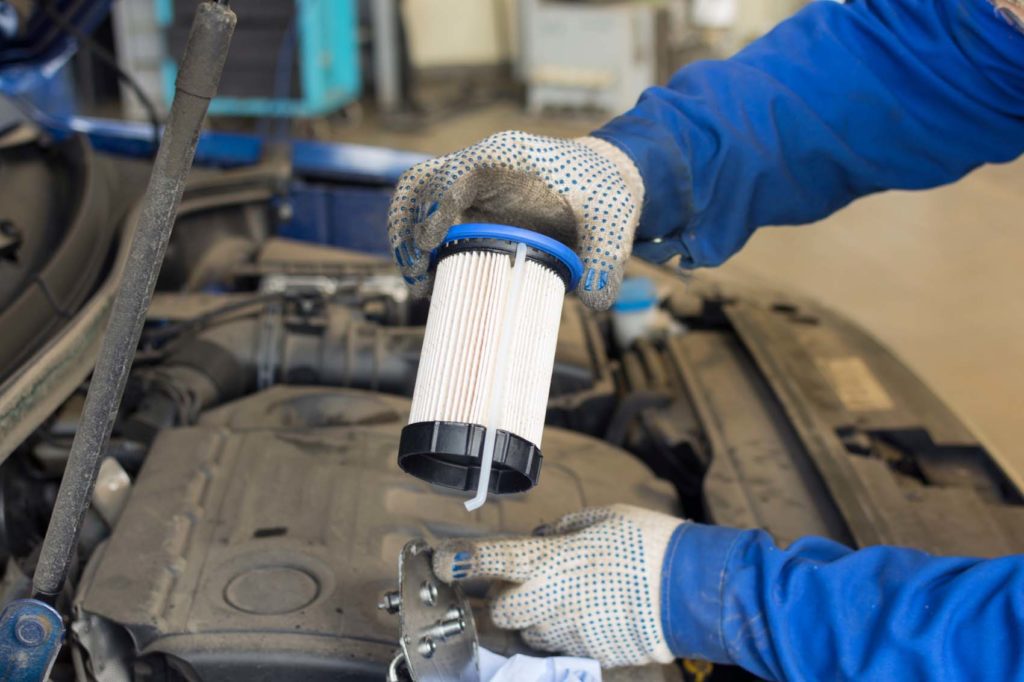
Here are some of the best fuel filters on our list.
Your fuel filter is a crucial component of your fuel system, so make sure to replace it right away if it’s clogged or faulty. Here at CarParts.com, our fuel filter catalog includes an excellent array of filters compatible with various makes and models. Check out our selection now and order yours today!
Any information provided on this Website is for informational purposes only and is not intended to replace consultation with a professional mechanic. The accuracy and timeliness of the information may change from the time of publication.





























